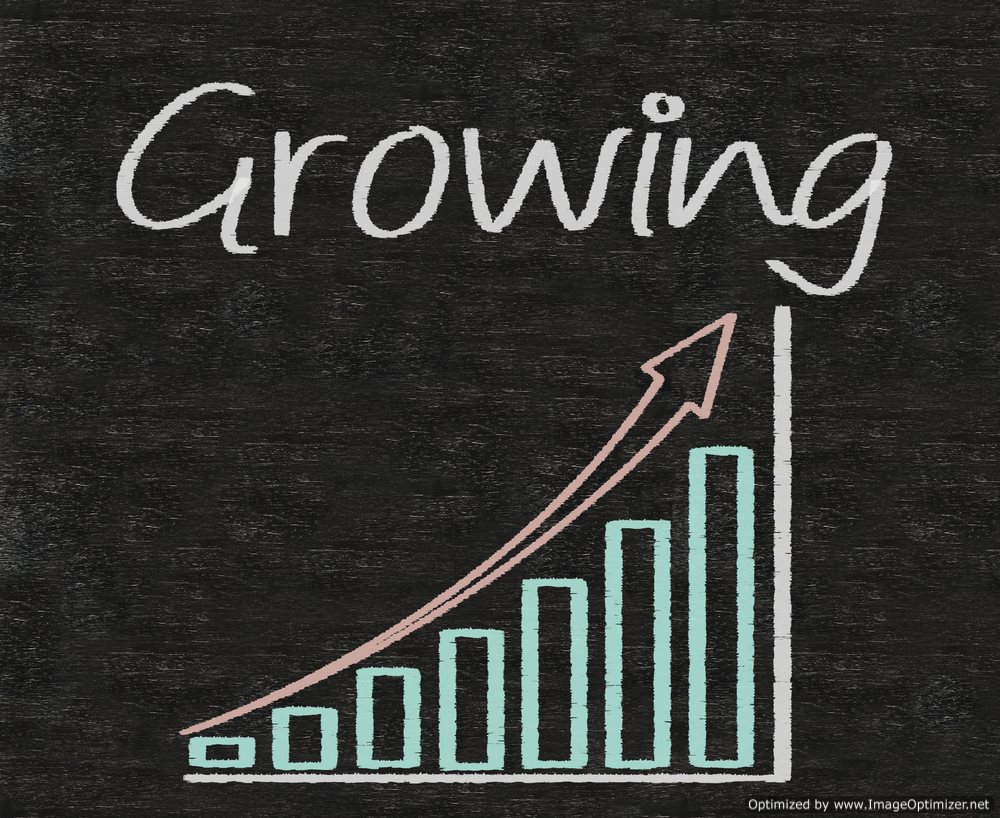Must Read: Online Reputation Monitoring and Your Law Firm

Five or ten years ago, only the biggest corporations could afford or effectively use online reputation monitoring services of any kind. Today, even small companies realize that they need to monitor the online reputation of their business to stay competitive in an increasingly internet connected world. Law firms have been a little bit slow to adopt new technologies like online reputation monitoring, but that's starting to change. You can start to monitor the online reputation of your law firm using comprehensive sets of tools, and you can often automate the process a great deal. Here, you'll learn about why online reputation monitoring is becoming more popular for law firms and how to use it for yourself.
What is Online Reputation Monitoring?
Online reputation monitoring is the practice of checking what people are saying about you all over the internet. Some businesses choose to monitor their online reputation across a large number of websites, including major search engines, social networking websites, and news media sites.
Often, online reputation monitoring includes not just identification of potentially problematic content and reviews. It also incorporates active management of your online reputation, taking down or lowering the rank of negative content while boosting the search engine rankings for the positive content that you want web searchers to see.
Sometimes, online reputation monitoring is done “by hand,” through people searching for your website on Google or other search engines. This can be very effective, especially for small firms who want to monitor their online reputation without shelling out a lot of money—if not many new links are being made about you, you may not need fancy online reputation monitoring tools as much as a firm getting dozens of new links daily.
Is It Important for Law Firms to Monitor Online Reputation?
You may not have given much thought to monitoring your online reputation in the past. However, if you don't monitor your online reputation, some very bad things can happen—often through absolutely no fault of your own.
Sometimes, you might receive negative publicity due to losing a case or having some sort of legal issue yourself. Other times, though, online reputation monitoring will reveal that a competitor has been posting libelous content about your law firm, pretending to be a former client offering a review. Negative reviews can have a huge impact on law firms today, so even one or two defamatory links that achieve high search rankings may push you out of contention with some potential clients.
When you monitor your online reputation, you make sure that there aren't any surprises. Online reputation monitoring lets you take charge of your own destiny online so that you can make sure customers are seeing the very best “you” possible.
Online Reputation Monitoring: Getting Started
First, you'll need to decide how much and how often you want to monitor your online reputation. For most firms, this should be dictated by your budget and your total amount of web traffic. The smallest firms, along with solo practitioners, should consider traditional online reputation monitoring using only searches or Google Alerts. Mid-sized firms with middling traffic levels should consider adding a paid tool or two to help them monitor their online reputation.
The largest firms, or firms with a large web presence, may have so many links coming in on a regular basis that even software doesn't make it manageable enough. If this describes your firm, you need to consider having your online reputation monitoring done by an outside agency. Having specialists monitor your online reputation will give you absolute peace of mind—you'll rarely have to worry about negative online publicity ever again.
Online Reputation Monitoring: Damage Control
If you do receive a negative review and find it when you monitor your online reputation, you have several alternatives for approaching the problem. Your best option depends on what kind of negative review you're looking at. Is it a genuine criticism from someone you assume is very much a real, dissatisfied client? Or is it over the top terrible with very few specifics, prompting you to assume that a competitor may have written it to discredit you?
If it's the latter, you should ask the website hosting the review to take it down. These websites are used to people who monitor their online reputation and ask for these takedowns, and it's usually a fairly easy process. If it's a genuine negative review, though, you shouldn't do this. Instead, try to ask some of your other clients to write positive reviews to “drown out” the effect of the bad one. Don't write the reviews yourself—this will look very bad for you if you're ever found out.
Online Reputation Monitoring: Don't Stop Too Soon
If you monitor your online reputation for a short time and see nothing wrong with what's being posted about you, you may think that you just don't need online reputation monitoring. It would be a huge mistake to ignore this type of monitoring, though. Even if you seem to be safe for the moment, what if your competitor decided next week to start defaming you? How long would it take for you to catch what they were doing and put out the fires they'd caused? No matter what reputation you start with, you should view online reputation monitoring as a continuous process.
Conclusions: Online Reputation Monitoring Strategies for 2013
One of the biggest things you'll need to keep track of in 2013 are social networking sites, so make sure that you're familiar with the biggest social networking platforms and how to monitor your online reputation on each one.
As web traffic becomes more mobile, the front page of search results, which is easiest for mobile web viewers to interact with, becomes even more important. Keep in mind as you monitor your online reputation in the coming year that if a result for your law firm only shows up on page 5 or 10, you probably don't need to worry about it very much. These results will be seen by such a small percentage of people online that the odds of you losing any new business because of them are very, very low.























